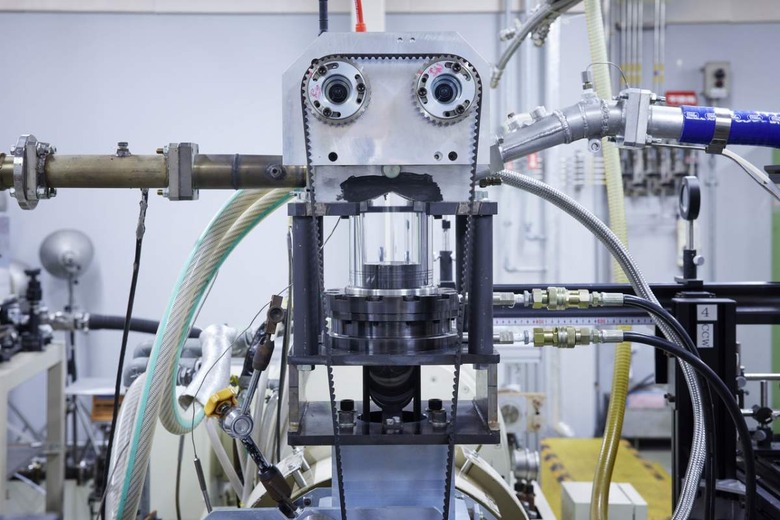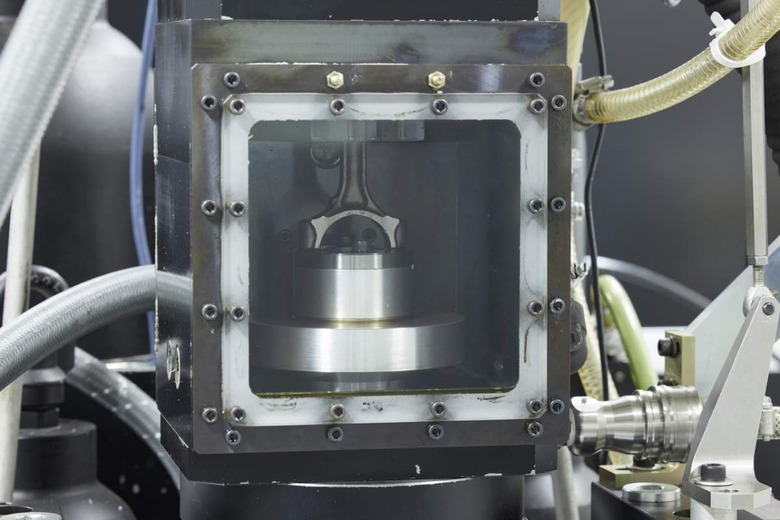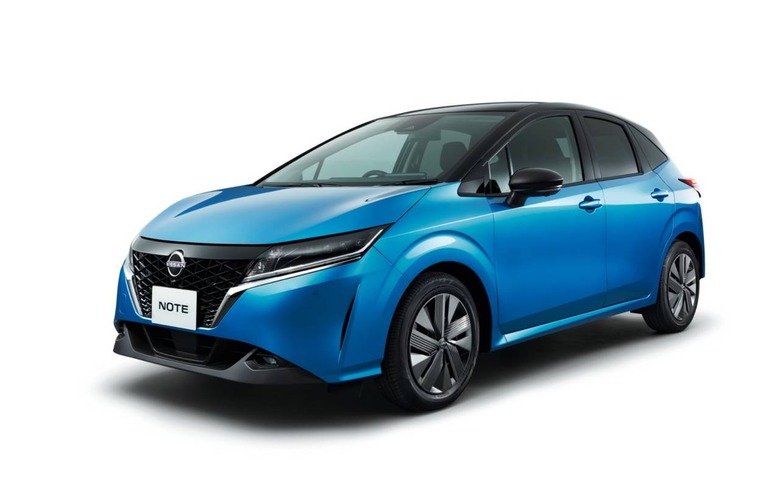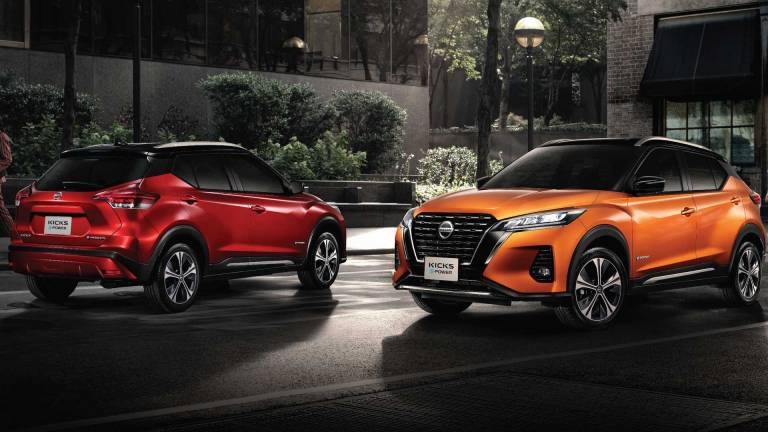Nissan's STARC Gasoline Engine-Generator Claims World-Leading 50-Percent Thermal Efficiency
As we know, the internal combustion engine is approaching its twilight, but Japanese carmaker Nissan has other plans. In its recent press release, Nissan's STARC engine concept (Strong, Tumble, and Appropriately Stretched Robust Ignition Channel) claims to achieve 50-percent thermal efficiency, a noticeable improvement over a regular gas engine's 40-percent efficiency.
"In pursuit of carbon neutrality across our product lifecycle by 2050, Nissan aims to electrify all new models launched in major markets by the early 2030s," said Toshihiro Hirai, senior vice president of the powertrain and EV engineering division at Nissan. "Nissan's electrification strategy promotes the development of e-powertrains and high-performance batteries for EVs, with e-POWER representing another important strategic pillar."

However, don't think of the Nissan STARC concept as the saving grace of internal combustion engines. Standard vehicles require a gasoline engine to offer power and performance in a wide range of engine speeds and load scenarios.

And even though a drop of petrol is more energy-dense than a standard lithium-ion battery, modern gas engines only achieve a maximum of 40-percent thermal efficiency – meaning approximately 60-percent of the chemical energy released during the combustion process is converted to heat rather than forward motion.
Enter Nissan's STARC concept, a gasoline-powered engine that runs on a leaner fuel mixture and a higher compression ratio. Using a patented technology that forces more air and fuel inside the cylinder – and a stronger spark to ignite all the high-compression gasses – STARC burns the air-fuel mixture more effectively and completely than a regular internal combustion motor.

But unlike a standard gas engine, the STARC motor operates as a generator. It is not connected to the transmission and driving wheels, allowing Nissan to tune the optimal engine load and engine speed for electrical generation. Combined with a conventional exhaust gas recirculation system, Nissan's STARC generator achieved up to 50-percent thermal efficiency when operating the engine at a fixed RPM.

The Nissan e-POWER system first debuted in the Nissan Note in 2016. Most recently, Nissan debuted the Kicks e-POWER in Thailand, the first country to produce e-POWER tech outside Japan. But unlike the STARC concept, the Kicks' gasoline generator can power the front wheels during climbing or hard acceleration.
